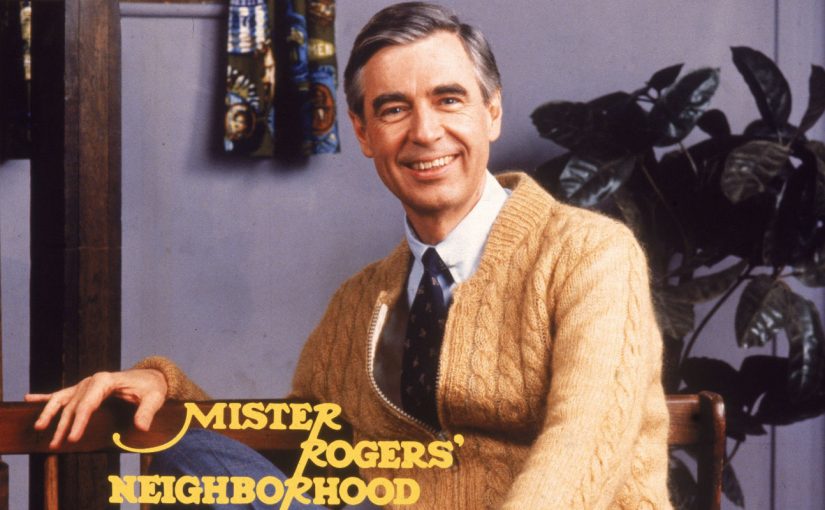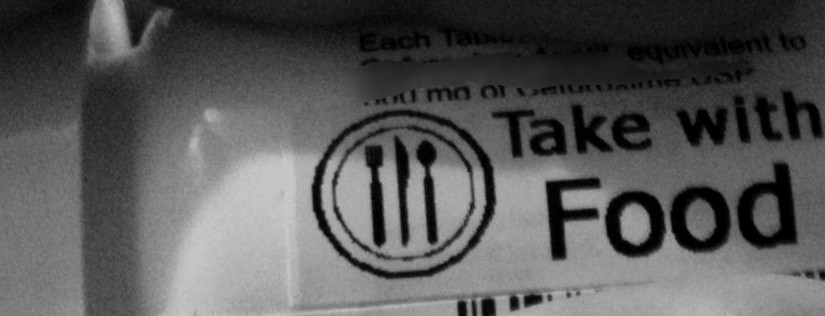The challenges around Coronavirus are numerous, from economic to psychological. Those challenges are currently on the minds of probably every single person on Earth, in one way or another.
A friend recently asked me some questions about challenges which she got from an organization called Essential Partners. These questions got me thinking so much that I wanted to share my thoughts.
The questions:
- What is a challenge you’ve experienced in your life that led to you overcoming an obstacle?
- What strength, value, or part of you helped you overcome it?
- Where or from whom did you acquire that strength, value, or part of yourself?
- From whom, if anyone, did you find support?
- Did that moment or experience change who you are? If so, how?
I’d love to hear your answers to these questions in the comments below!
Here are my responses:
1. What is a challenge you’ve experienced in your life that led to you overcoming an obstacle?
I feel I’ve been pretty blessed in life, and I have had few serious challenges.
Of course, everyone’s definition of a challenge is different.
One thing that led to a pretty big change in my life was my Mom’s cancer diagnosis.
My Mom was diagnosed with stage 4 cancer in 2011. I was crushed, and I felt helpless. I knew I wanted to help her and my Dad however I could.
Thankfully, my job at the time was mostly computer-based, so I could do it from pretty much anywhere. My wonderful manager at the time allowed me to work from the hospital, a 4 hour drive away. I still came back to the office for at least part of the week, because I didn’t want to totally get out of touch with my job
One day while I was gone, I learned that my department at the company was dissolved.
The team was reassigned to different departments, and I was told I was being sent to a team that sounded simply horrible. I had negative interest in doing what would be required for this project. Worse yet, switching teams likely meant I couldn’t work from the hospital or my parents’ home nearly as easily.
Some might see all this as a significant challenge, but at that point, it almost felt like a relief.
Why having a career upheaval didn’t seem like a major challenge to me
Even before my team was dissolved, I had been thinking of making a job change… although it seemed more like a far-off dream than something I could take action upon anytime soon.
I had always liked the idea of working for myself. My Mom and Dad empowered me to be able to work for myself ever since I was young; they made sure I had a computer to learn on, and that I had the time to develop the skills of understanding technology.
Some of that involved playing video games! But even those frequently resulted in me learning practical skills without even realizing it. I had to type for most of these games, and by the time I was 14 I could type nearly 100 words per minute. Eliminating the friction of getting my thoughts into a computer was a massive skill as I started building software and making websites in my pre-teen years. I kept developing those skills through my teenage years, through a Computer Engineering undergrad degree in college, and during my post-college years working as a Systems Engineer.
In 2011, I was pondering working as a contractor for others, or attempting to start a new company. But I was always a little fearful of what might happen if I failed.
In the face of my Mom’s sickness, what was truly worth fearing irreversibly changed.
Dying, something we humans have not been able to figure out a way to reverse, suddenly became about the only thing worth stressing about. Other things in my life became much less concerning.
Suddenly, even if self-employment didn’t work out, the prospect of that failure seemed much less overwhelming.
My fear of failure and rejection shrank.
The money I saved up over my six years of employment further reduced my fear.
So did being able to deeply trust friends and family to help me out if my career took a bad turn.
And having two co-founders for the new company who I trusted reduced the fear even more.
I was glad I followed my heart on being self-employed and spending more time with my Mom and Dad then, because the next nine months were the last months I got to spend with my Mom here on Earth. She died in June of 2012. I was so thankful to be able to spend more time with her thanks to changing my job.
Prior to the nightmare of my Mom getting cancer, quitting a job and attempting to start a new company, completely from scratch, was scary. But it sure got a lot less scary.
I’m happy to report that in 2020, I continue to get to grow that same company I helped create with my two-cofounders in 2011. We now have a team of smart, hard-working people whom I’m proud to work with. We help build tools for researchers and libraries… including researchers working on getting us out of the COVID-19 mess we find ourselves in today!
2. What strength, value, or part of you helped you overcome it?
The ability to embrace change, and adjust my expectations and behavior to a new reality, was key in all I mentioned above.
But I didn’t necessarily recognize it at the time.
My wonderful wife Diveena has helped me understand the value of that quality. I consider that a huge help during this challenging time in my life, and for any challenges in life. Perhaps challenges are simply changes we aren’t prepared for?
3. Where or from whom did you acquire that strength, value, or part of yourself?
A few sources:
- My parents & how they raised me
- My interest in experiencing variety, and my interest in traveling
- Since I can remember, I’ve always been interested in traveling, and the variety of experiences and people that come with that
- When traveling, you’re bound to have to adjust your plans to take into account new information you didn’t have before!
- All of my formative travel experiences were thanks to my parents, who helped me explore many places, whether via long road trips or plane rides
- Meeting people who handled major life changes
- Especially friends who had voluntarily immigrated to a different country to start a new life
- If you’ve never moved countries, imagine flying thousands of miles to a place where you know nobody, and from scratch must make new friends, get a new education, understand & embrace a new culture… that seems more difficult to me than sticking at home and starting a new company!
4. From whom, if anyone, did you find support?
My Mom and Dad have always encouraged me. Even in the midst of my Mom fighting cancer, my parents was encouraging.
My Grandma was there for us all, and was happy I could spend more time at home.
So many friends, including my roommate at the time, were also great sources of support. Splitting the living costs with someone – something that wasn’t extremely common where I lived at the time – helped this all be even more realistic and possible. Perhaps even more than the money savings, the time spent just visiting and talking during this challenging time helped me stay positive and feel semi-normal.
5. Did that moment or experience change who you are? If so, how?
Absolutely.
This experience redefined to me what I consider a serious challenge.
Traffic is bad? Not a big deal.
My flight got delayed and I won’t make it to where I was going on time? That’s fine, this is just a different experience now, it’s not life or death.
And so on.
I can stay positive throughout life much more easily, because I have a little closer experience to something that is truly scary.
At the start of this writing, I said I haven’t had too many serious challenges. That’s because of this major shift in what I viewed as a serious challenge.
Another way that experience changed me was the things I learned while creating the new company.
The company I started is focused on helping researchers and librarians read research papers. Even with a four year undergrad degree, I was pretty unfamiliar with that world; I was the tech guy of the company, whereas my two co-founders knew about the world of research and libraries.
As I learned more about that world, I’ve gotten much better insight into how much work is done every day trying to push humanity forward, improving the world at large.
There are tens of thousands of researchers around the globe, spending decades of their lives laser-focused on important problems.
Researchers are fighting deadly viruses.
Researchers are figuring ways out of economic hardships.
Researchers are developing more efficient ways to move around the globe.
Researchers are also trying to solve a million other challenges we face.
Better understanding Mr. Rogers
Learning about the world of research has surprisingly helped me better understand a quote from one of my favorite people growing up, Mr. Rogers.
Mr. Rogers is known for saying, “look for the helpers.”
I’ve better understood, perhaps now during Coronavirus more than ever, that the helpers are indeed everywhere.
Researchers, medical professionals, people restocking grocery store shelves… so many are helping in these challenging times.
If you feel like you could be doing more to help, think about what you can do to help those helpers. Right now in this Coronavirus pandemic, a big part of helping is staying at home; future challenges will likely involve different ways to help.
Whatever the challenge might be, we can be positive, be flexible, and help everyone embrace the constant change in our world.


